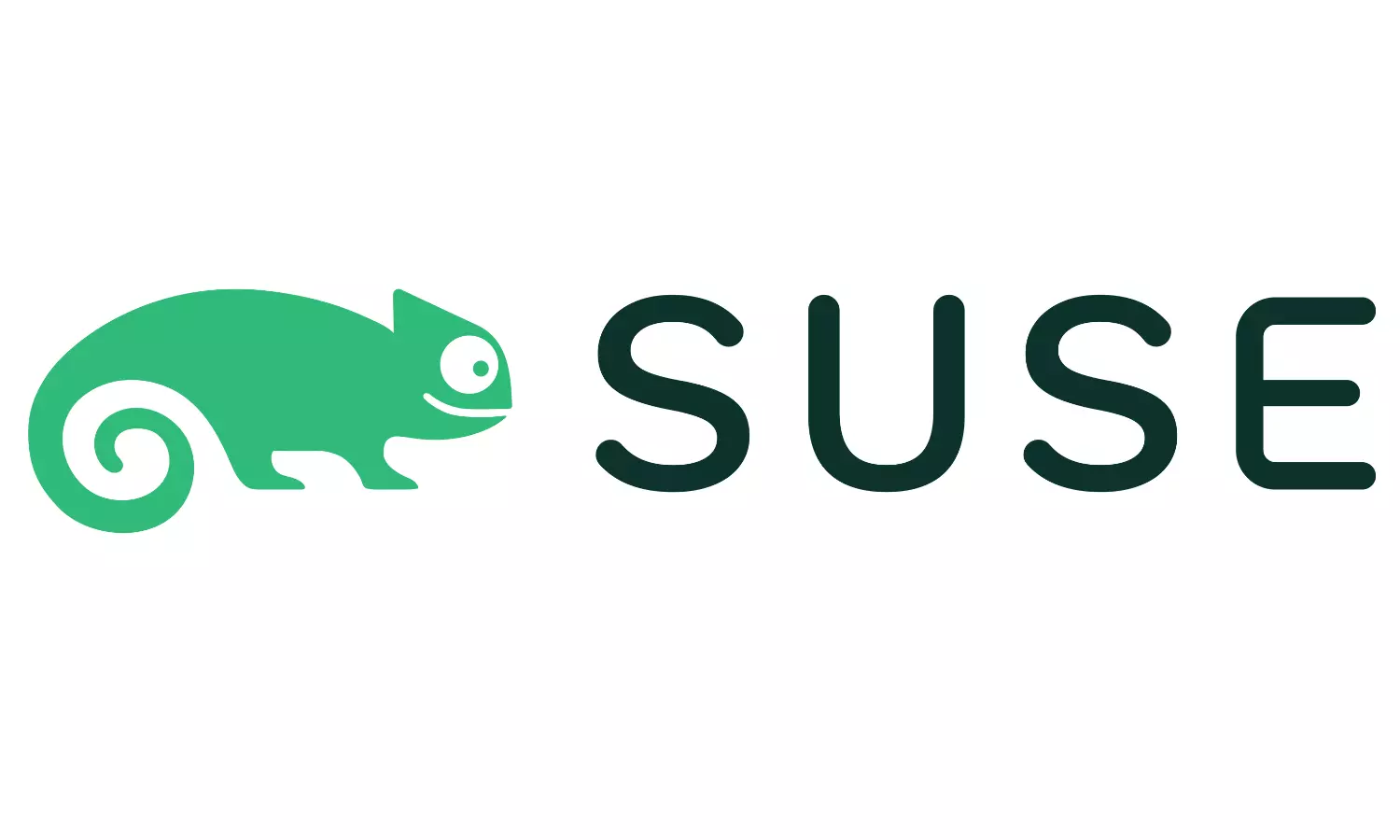The AI Revolution: How Open-Source Solutions Can Drive Business Success
Open ecosystems, including open-source LLMs and infrastructure, ensure extensibility and flexibility, allowing businesses to adapt to changing technology landscapes.

In DC Conversations, Vishal Ghariwala, SUSE Director and CTO shares his expertise on the benefits of open-source AI, the importance of security and scalability, and the future of AI adoption in businesses.
Excerpts
Can you tell us about SUSE’s expertise in the tech industry?
SUSE is a German multinational open-source software company that’s been around since 1992. We are a global leader in innovative, reliable, and enterprise-grade open-source solutions, including Enterprise Linux, Kubernetes Management, and Edge solutions. What sets us apart is our commitment to open source, which we have been championing since the early 90s. Our software is designed to empower customers to innovate everywhere, from the data center to the cloud, to the edge and beyond. With operations worldwide, including Europe, North America, Latin America, and Asia-Pacific, we serve over 60% of the Fortune 500, helping them power their mission-critical workloads.
Why is open-source important for businesses adopting AI technologies?
Open-source is crucial for businesses adopting AI technologies for several reasons. Firstly, it drives rapid innovation across multiple sectors, allowing for collaborative advancements that wouldn’t be possible with a single vendor dominating the space. Secondly, open-source promotes transparency and trust through community-driven development, which is particularly important for AI where understanding decision-making processes and mitigating biases is key. Finally, open-source gives businesses the flexibility to choose and adapt technologies as needed, without being locked into a specific vendor or pricing structure, which is essential in the fast-evolving AI landscape.
How can SUSE’s platform help companies manage and scale their AI workloads?
SUSE’s platform helps companies manage and scale their AI workloads by providing a robust and open infrastructure that supports scalability, security, and flexibility. Our Rancher Prime platform, a cloud-native Kubernetes solution, enables efficient scaling and management of AI applications across various environments, including on-premises, cloud, and edge. With Rancher Prime, you get a single pane of glass to manage disparate environments, allowing you to scale your AI workloads seamlessly while maintaining control and security over your sensitive data.
Vishal Ghariwala, SUSE Director and CTO
What’s the benefit of using containers instead of virtual machines for app deployment?
Containers offer three key benefits over traditional virtual machines—portability, scalability, and business agility. With containers, you get portability because they package the application and its dependencies, allowing it to run consistently across different environments. Containers also enable scalability due to their lightweight nature, making it easy to spin up and down resources as needed. Finally, containers promote business agility by allowing for faster development, testing, and deployment of applications through microservices architecture, where each service can be updated independently without affecting the entire application.
Can you explain how SUSE’s open-source solutions simplify the transition to cloud-native environments?
SUSE’s open-source solutions simplify the transition to cloud-native environments by addressing the top three challenges faced by customers—infrastructure complexity, development team burdens, and security concerns. Our Rancher Prime platform provides a common control kit for infrastructure teams to manage operations across multiple environments. It also abstracts complexities, allowing development teams to focus on writing applications without worrying about underlying infrastructure. Additionally, Rancher Prime integrates security and observability capabilities, enabling security teams to drive compliance, address vulnerabilities, and resolve reliability issues efficiently.
Any advice to businesses looking to future-proof their technology stacks for AI advancements?
To future-proof technology stacks for AI advancements, businesses should focus on three key areas—embracing open ecosystems, prioritizing security and observability, and adopting scalable architectures. Open ecosystems, including open-source LLMs and infrastructure, ensure extensibility and flexibility, allowing businesses to adapt to changing technology landscapes. Security and observability are crucial for protecting sensitive data and ensuring the reliability and explainability of AI outputs. Finally, scalable architectures are essential for supporting the resource-intensive nature of AI workloads and ensuring high availability and performance.

